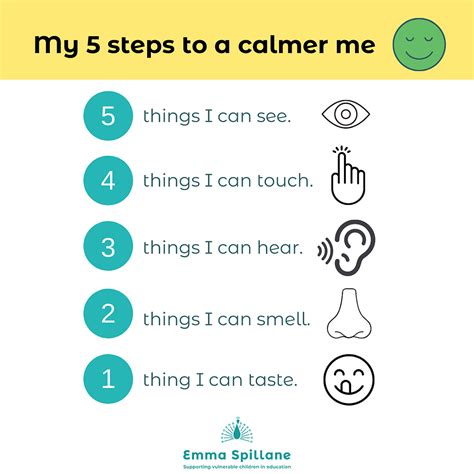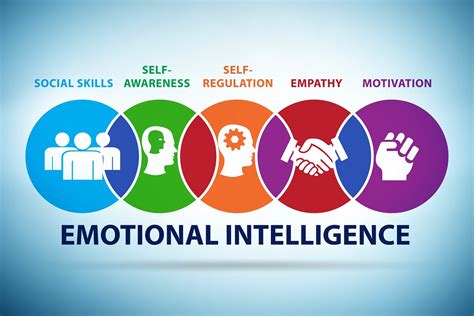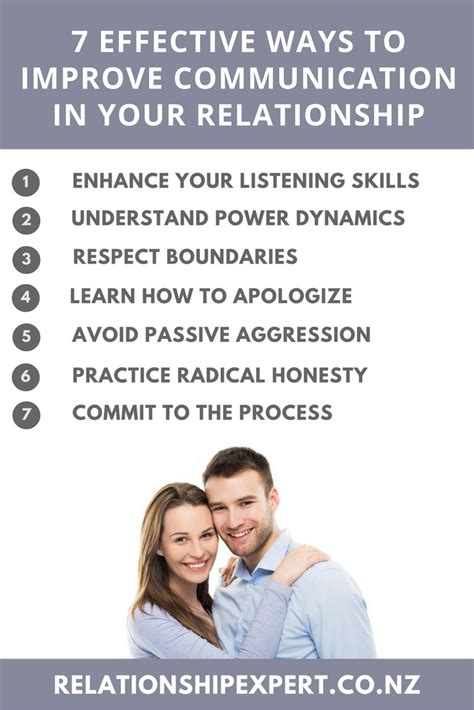Intro
Transform your life with professional counseling. Discover 5 ways to grow through life counseling, including overcoming anxiety, building resilience, and improving relationships. Our expert guidance helps you navigate lifes challenges, achieve personal growth, and develop a stronger sense of self. Learn how counseling can empower you to reach your full potential.
Life counseling, also known as life coaching, is a process that helps individuals navigate through life's challenges and achieve their personal and professional goals. With the guidance of a trained counselor, individuals can gain clarity, build confidence, and develop strategies to overcome obstacles and reach their full potential. In this article, we will explore five ways to grow through life counseling.

1. Identify and Challenge Negative Thought Patterns
Negative thought patterns can hold us back from achieving our goals and living a fulfilling life. Through life counseling, individuals can identify and challenge these patterns, replacing them with positive and empowering ones. This process involves becoming aware of our thoughts, emotions, and behaviors, and learning how to reframe negative self-talk and self-doubt.
For example, let's say someone has a negative thought pattern that says, "I'm not good enough to succeed in my career." A life counselor can help this person challenge this thought by asking questions like, "What evidence do you have for this thought?" or "How would your life change if you didn't believe this thought?" By challenging negative thought patterns, individuals can build confidence, develop a growth mindset, and achieve their goals.
How to Challenge Negative Thought Patterns
- Become aware of your thoughts, emotions, and behaviors
- Identify negative thought patterns and challenge them
- Reframe negative self-talk and self-doubt
- Practice positive affirmations and self-compassion
2. Develop Emotional Intelligence
Emotional intelligence is the ability to recognize and understand emotions in ourselves and others. Through life counseling, individuals can develop emotional intelligence, which is essential for building strong relationships, achieving success, and maintaining good mental health.
A life counselor can help individuals develop emotional intelligence by teaching them how to recognize and manage their emotions, empathize with others, and develop effective communication skills. For example, let's say someone has trouble managing their anger. A life counselor can help this person develop emotional intelligence by teaching them relaxation techniques, such as deep breathing or meditation, and how to express their emotions in a healthy and constructive way.

How to Develop Emotional Intelligence
- Recognize and understand emotions in yourself and others
- Develop effective communication skills
- Practice empathy and active listening
- Learn relaxation techniques, such as deep breathing or meditation
3. Build Resilience and Coping Skills
Life is full of challenges and setbacks, and it's essential to have the resilience and coping skills to navigate through them. Through life counseling, individuals can learn how to build resilience and develop effective coping skills, such as problem-solving, stress management, and self-care.
A life counselor can help individuals build resilience by teaching them how to reframe challenges as opportunities for growth and learning. For example, let's say someone is facing a difficult situation at work. A life counselor can help this person build resilience by teaching them how to break down the problem into smaller, manageable tasks, and how to develop a plan to overcome the challenge.
How to Build Resilience and Coping Skills
- Reframe challenges as opportunities for growth and learning
- Develop problem-solving and stress management skills
- Practice self-care and prioritize your well-being
- Learn how to reframe negative thoughts and emotions
4. Improve Relationships and Communication Skills
Through life counseling, individuals can improve their relationships and communication skills, which are essential for building strong, healthy relationships and achieving success in personal and professional life.
A life counselor can help individuals improve their relationships and communication skills by teaching them how to active listen, express themselves effectively, and resolve conflicts in a healthy and constructive way. For example, let's say someone has trouble communicating with their partner. A life counselor can help this person improve their communication skills by teaching them how to use "I" statements, practice active listening, and resolve conflicts in a healthy and constructive way.

How to Improve Relationships and Communication Skills
- Practice active listening and express yourself effectively
- Use "I" statements and avoid blaming or criticizing others
- Resolve conflicts in a healthy and constructive way
- Prioritize your relationships and make time for loved ones
5. Achieve Personal and Professional Goals
Through life counseling, individuals can achieve their personal and professional goals, which can lead to greater fulfillment, happiness, and success.
A life counselor can help individuals achieve their goals by teaching them how to set SMART (Specific, Measurable, Achievable, Relevant, and Time-bound) goals, develop a plan to achieve them, and overcome obstacles and setbacks. For example, let's say someone wants to start their own business. A life counselor can help this person achieve their goal by teaching them how to develop a business plan, secure funding, and overcome common obstacles and setbacks.
How to Achieve Personal and Professional Goals
- Set SMART (Specific, Measurable, Achievable, Relevant, and Time-bound) goals
- Develop a plan to achieve your goals
- Overcome obstacles and setbacks
- Prioritize your goals and make time for them
What is life counseling?
+Life counseling, also known as life coaching, is a process that helps individuals navigate through life's challenges and achieve their personal and professional goals.
How can life counseling help me?
+Life counseling can help you identify and challenge negative thought patterns, develop emotional intelligence, build resilience and coping skills, improve relationships and communication skills, and achieve personal and professional goals.
What is the difference between life counseling and therapy?
+Life counseling is a more goal-oriented and solution-focused approach, while therapy is often more focused on treating mental health issues and past traumas.
As we conclude, life counseling is a powerful tool that can help individuals navigate through life's challenges and achieve their personal and professional goals. By identifying and challenging negative thought patterns, developing emotional intelligence, building resilience and coping skills, improving relationships and communication skills, and achieving personal and professional goals, individuals can grow and thrive in all areas of their lives. We encourage you to take the first step towards growth and transformation by seeking the help of a life counselor today.
